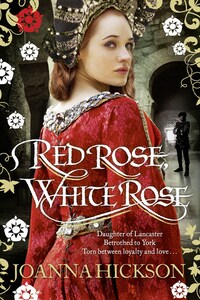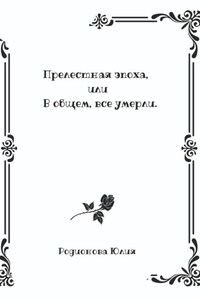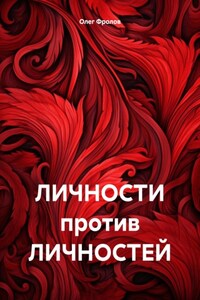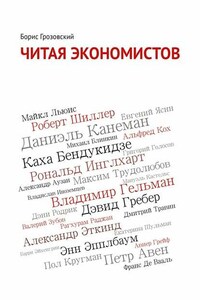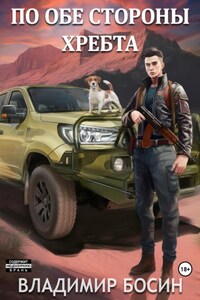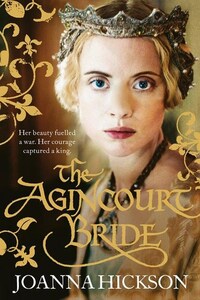Harper
An imprint of HarperCollinsPublishers Ltd
1 London Bridge Street
London SE1 9GF
www.harpercollins.co.uk
First published in Great Britain by Harper 2014
Copyright © Joanna Hickson 2014
Joanna Hickson asserts the moral right to be identified as the author of this work.
A catalogue copy of this book is available from the British Library.
This novel is entirely a work of fiction. The names, characters and incidents portrayed in it are the work of the author’s imagination. Any resemblance to actual persons, living or dead, events or localities is entirely coincidental.
All rights reserved under International and Pan-American Copyright Conventions. By payment of the required fees, you have been granted the non-exclusive, non-transferable right to access and read the text of this e-book on screen. No part of this text may be reproduced, transmitted, down-loaded, decompiled, reverse engineered, or stored in or introduced into any information storage and retrieval system, in any form or by any means, whether electronic or mechanical, now known or hereinafter invented, without the express written permission of HarperCollins.
Source ISBN: 9780007447015
Ebook Edition © 2014 ISBN: 9780007447022
Version: 2017-07-11
Contents
Cover
Title Page
Copyright
Dedication
Family Trees
Map
Prologue
Part One: County Durham, England
Chapter 1
Chapter 2
Chapter 3
Chapter 4
Chapter 5
Chapter 6
Chapter 7
Chapter 8
Chapter 9
Chapter 10
Chapter 11
Part Two: France
Chapter 12
Chapter 13
Chapter 14
Chapter 15
Chapter 16
Part Three: Fotheringhay Castle Northamptonshire, Coldharbour Inn & Westminster Palace, London
Chapter 17
Chapter 18
Chapter 19
Chapter 20
Part Four: Ireland & Northern England
Chapter 21
Chapter 22
Chapter 23
Chapter 24
Chapter 25
Part Five: Lincolnshire & Yorkshire
Chapter 26
Chapter 27
Chapter 28
Chapter 29
Chapter 30
Part Six: The Drums of War
Chapter 31
Chapter 32
Chapter 33
Chapter 34
Chapter 35
Chapter 36
Chapter 37
Chapter 38
Chapter 39
Chapter 40
Chapter 41
Chapter 42
Chapter 43
Chapter 44
Epilogue
Author’s Note
Keep Reading – THE AGINCOURT BRIDE
Keep Reading – THE TUDOR BRIDE
About the Author
By the same author
About the Publisher
Provins, County of Champagne, France, 1275
At first there was only a subtle hint of fragrance borne on the breeze, an exquisite teasing of the senses. To the knight on his weary warhorse it was like the breath of God, lifting the hairs on the back of his neck and stirring the golden leopards on his banner.
‘It is the scent of roses!’ he cried to his companions. ‘In the Holy Land we called it God’s Incense.’
When the cavalcade breasted the hill ahead he reined in his horse with a gasp of wonder. All over the wide plain below stretched a carpet of red roses, covering the earth as far as the eye could see, as if a celestial gardener had scattered divine seed. The knight gazed in silent awe, struck by the power of the symbolism laid before him; that the single rose, an object of beauty and simplicity could, when massed with a myriad others, become a potent force, a source of mystery and strength. The words of a hymn sprang into his mind, which he had heard sung in the dust and heat of the Holy Land by choristers in his crusading army.
There is no rose of such vertue
As is the rose that bore Jesu,
For in this rose contained was
Heaven and earth in a little space.
‘If there is a heaven on earth,’ he declared, ‘it is surely here.’
The knight was Edmund, Earl of Lancaster, crusader brother to Edward I, King of England and known throughout Christendom as Edmund ‘Crouchback’ or ‘The Cross-Bearer’. Returning through France from his crusade, he was making a mercy mission to Provins where the Count of Champagne had recently died, leaving his young widow and their baby son vulnerable to abduction by neighbouring barons, eager to acquire access to the great wealth generated by the famous rose fields.
Grown from a single root brought back from Damascus by an earlier crusader, the precious roses were not just objects of beauty, they were an industry. Their dried petals became shards of perfumed sunshine to freshen the rushes on a rich man’s floor; their floral essence could be distilled into attar of roses to perfume a lady’s breast or diluted into rosewater for bathing and cooking; rose leaves were pounded into healing poultices and even the prunings, with their long, sharp thorns could be woven into fences for protecting flocks and crops.
